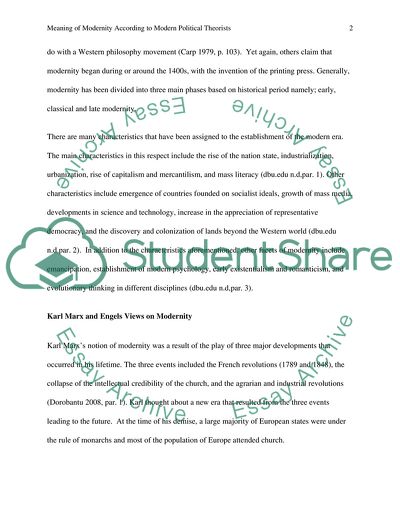Cite this document
(Meaning of Modernity According to Modern Political Theorists Term Paper, n.d.)
Meaning of Modernity According to Modern Political Theorists Term Paper. https://studentshare.org/politics/1799393-how-have-modern-political-theorists-understood-the-meaning-of-modernity
Meaning of Modernity According to Modern Political Theorists Term Paper. https://studentshare.org/politics/1799393-how-have-modern-political-theorists-understood-the-meaning-of-modernity
(Meaning of Modernity According to Modern Political Theorists Term Paper)
Meaning of Modernity According to Modern Political Theorists Term Paper. https://studentshare.org/politics/1799393-how-have-modern-political-theorists-understood-the-meaning-of-modernity.
Meaning of Modernity According to Modern Political Theorists Term Paper. https://studentshare.org/politics/1799393-how-have-modern-political-theorists-understood-the-meaning-of-modernity.
“Meaning of Modernity According to Modern Political Theorists Term Paper”. https://studentshare.org/politics/1799393-how-have-modern-political-theorists-understood-the-meaning-of-modernity.


